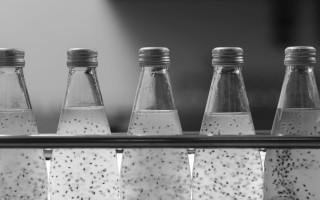
Brazil - Regulation of artificial sweeteners: technological implications in food production and health
Brazil
Sep 14, 2022

Sweeteners provide a sweet taste to foods and are used to replace sucrose and reduce caloric value. Acesulfame potassium, aspartame, sodium cyclamate, saccharin, sucralose and neotame are the artificial sweeteners regulated in Brazil by the Brazilian Health Regulatory Agency (ANVISA). The consumption of these additives has become controversial due to recent scientific evidence questioning their safety and outcomes regarding weight loss, dysbiosis of the intestinal microbiota, insulin resistance, diabetes and cancer. Even today, little is known about the long-term consequences of their consumption. Therefore, this study aimed to carry out a review of artificial sweeteners regulated in Brazil, contextualizing their regulatory framework, the technological implications regarding their use and the effects on health. Considering the now controversial outcomes regarding the consumption of many artificial sweeteners, and the long period in which levels of acceptable daily intake have been in place, it is suggested their consumption should now not be encouraged, being restricted to population groups that have a risk-based physiological or metabolic need to replace sucrose. Also, for these cases, it would be important to differentiate between foods containing different sweeteners (or tabletop sweeteners), to alleviate possible chronic health effects. New studies with more robust and consistent methodologies are required to support the safety assessment reviews of each artificial sweetener.











